In the ever-changing landscape of modern society, the cherished customs and formalities of the past often seem like relics of a bygone era. One such area where this sentiment rings particularly true is in the realm of etiquette.
Time-honored traditions that once defined our interactions have gradually faded into the background, making way for a more casual and informal approach to socializing.
In this fast-paced digital age, where texts and emojis have replaced handwritten letters and firm handshakes, the art of old-school etiquette has become a rare gem.
In this exploration of Old-School Etiquette Rules That Have Disappeared, we delve into a world where table manners were an art, where handwritten notes conveyed sincerity, and where dressing appropriately was a sign of respect.
Join us on a journey back in time as we uncover the timeless etiquettes that have slowly eroded from our everyday lives.
Together, let’s rediscover the grace, charm, and sophistication that characterized a time when social interactions were governed by a set of unwritten, yet universally understood rules.
So, without further ado, let’s embark on this nostalgic voyage into the vanishing world of old-school etiquette.
The Decline of Old-School Etiquette

Several factors have contributed to this decline, casting these once-revered traditions into the shadows of the past.
Also Read: Time-Tested Jobs That Will Always Be in Demand
1. Cultural Evolution: Over the years, cultural norms have shifted, embracing a more inclusive and diverse perspective. While this evolution has brought about positive changes, it has also blurred the lines of traditional etiquette, making way for a more relaxed approach to social interactions.
2. Technological Advancements: The rise of technology, particularly the internet and social media, has revolutionized the way people communicate. Digital platforms have replaced face-to-face conversations, diminishing the need for formalities in everyday discussions. The swift pace of online communication often sacrifices the nuances of old-school etiquette for brevity and immediacy.
3. Informalization of Society: Modern society has embraced informality in various aspects of life. From casual dress codes in workplaces to informal dining experiences, the shift towards a more laid-back atmosphere has diminished the need for stringent etiquette rules, making way for a more relaxed and comfortable environment.
4. Changing Social Structures: The traditional family structures have evolved, leading to altered dynamics in social interactions. With families living farther apart and the prevalence of single-parent households, the close-knit communities where etiquettes were deeply ingrained have become less common, resulting in a reduced emphasis on old-school manners.
5. Influence of Pop Culture: Popular culture, including movies, TV shows, and social media influencers, often portrays a casual and carefree approach to life. These influences shape societal perceptions, encouraging a more relaxed attitude towards traditional etiquettes and formalities.
Old-School Etiquette Rules That Have Disappeared
In the tapestry of history, there exist a multitude of old-school etiquette rules that once defined the art of social interaction. These rules, meticulously crafted over generations, were the bedrock of polite society, guiding individuals through the intricate dance of human connection. Here, we unearth the vestiges of these forgotten customs, shedding light on Old-School Etiquette Rules That Have Disappeared:
Hat Etiquette
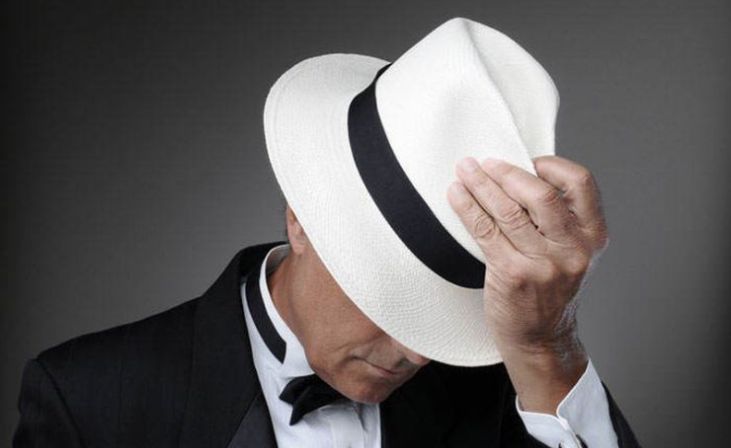
Hat etiquette, once a refined art, has largely vanished from contemporary society. In the early 20th century, hats were an essential accessory, and specific rules governed their usage. Men were expected to tip their hats as a sign of respect, especially in the presence of women. Removing one’s hat indoors was a sign of politeness, showcasing reverence for the space.
Today, these customs have faded, with hats becoming rare in social settings. Yet, the echoes of this old-school etiquette remind us of a time when even the smallest gestures held profound significance in human interactions.
Handwritten Thank-You Notes
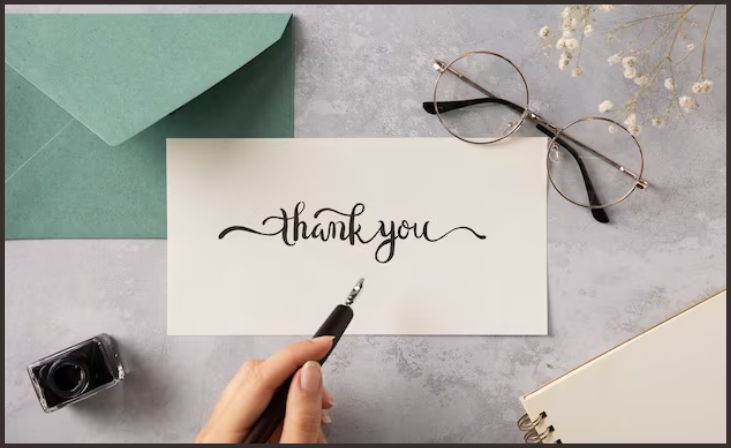
Handwritten thank-you notes, once a cherished tradition, have become rare in the digital age. In eras past, these notes were heartfelt expressions of gratitude, meticulously penned and sent through mail, signifying genuine appreciation. Today, quick emails and text messages have largely replaced this art.
However, the personal touch of a handwritten note endures, embodying thoughtfulness and sincerity. Though infrequent, these tangible tokens of gratitude carry a profound impact, evoking a sense of nostalgia for a time when gestures spoke volumes.
Formal Calling Cards

Formal calling cards, elegant relics of etiquette, were once essential in social circles. These small, intricately designed cards bore a visitor’s name and were left when calling on someone’s home. Often, they conveyed one’s status and style. The recipient would use the calling card to reciprocate the visit or extend an invitation.
This formal ritual of exchanging cards reflected respect and sophistication. However, in today’s digital age, where instant communication prevails, these tangible tokens of civility have all but disappeared, leaving behind a sense of the grace and formality that once defined social interactions.
Proper Introductions

Proper introductions, a hallmark of old-school etiquette, were once an art form. An introducer would skillfully present each person’s full name and perhaps share a brief detail about them, fostering meaningful connections. This practice conveyed respect and interest in others.
However, in today’s hurried interactions, introductions have become swift and casual, often lacking depth. The formality and grace that accompanied proper introductions have given way to brevity, a subtle reminder of the nuanced social etiquettes that once enriched our interactions, emphasizing the value of acknowledging each person with genuine consideration and respect.
Escorting Guests Home
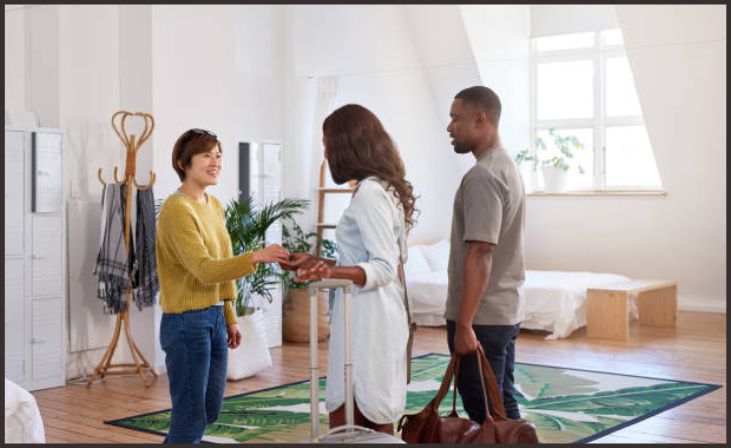
Escorting guests home, a gesture of courtesy and safety, was a cherished etiquette rule. Hosts would accompany guests to ensure their secure journey after social gatherings, displaying genuine concern. This practice, rooted in hospitality and care, was a testament to the host’s thoughtfulness. However, in contemporary times, guests often manage their own way home.
Also Read: DIY Home Improvement Projects on a Budget
The fading tradition of escorting guests reflects a shift in social norms, yet it serves as a reminder of the warmth and consideration that once characterized our interactions, underscoring the importance of ensuring the well-being and comfort of others in our social circles.
Calling Ahead
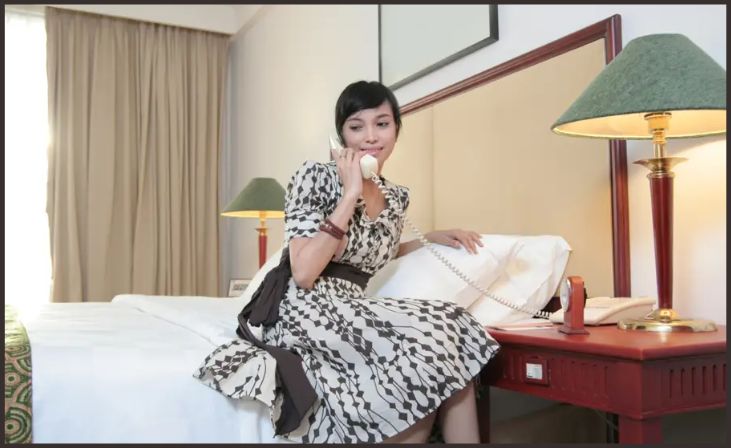
Calling ahead, a hallmark of respect and consideration, was a common practice in the past. Before visiting someone’s home, individuals would make a polite phone call, announcing their intention and allowing the host to prepare. This thoughtful gesture acknowledged the value of the host’s time and comfort, ensuring they were ready for the visit.
However, in our fast-paced digital age, spontaneous plans and last-minute text messages have replaced this formal etiquette. The vanishing custom of calling ahead serves as a reminder of the polite foresight that once defined our social interactions, highlighting the importance of mindful communication in respectful relationships.
Table Manners
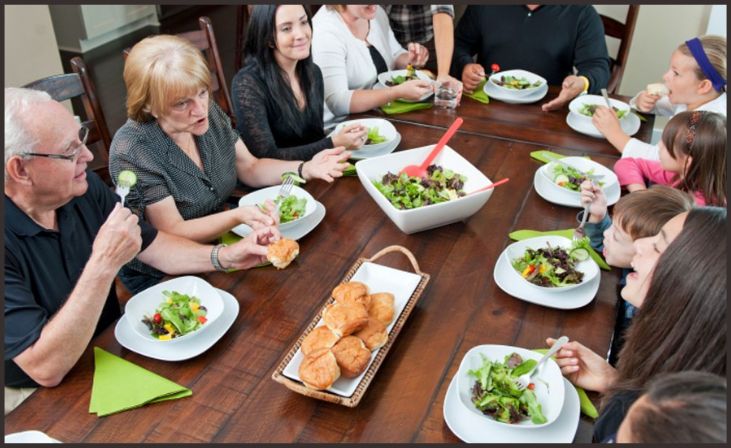
Table manners, once a refined art, have seen a shift in modern dining. Traditional etiquettes, guiding the use of cutlery, posture, and polite conversation, have become less stringent in casual settings. In formal dining, nuances like proper utensil usage and respectful conversation still hold significance but are fading in our fast-food culture.
The charm of elaborate dining etiquettes, once a mark of sophistication, has given way to a more relaxed approach. However, these etiquettes remain a symbol of respect for others at the dining table, reminding us of the graciousness that accompanies mindful and polite eating habits.
How to Incorporate Old-School Etiquette in Modern Life
Incorporating old-school etiquette into modern life is a delightful way to infuse grace and courtesy into our interactions. Embracing these time-honored customs can enhance personal and professional relationships while fostering a more respectful and considerate society. Here’s how you can reintroduce the charm of old-school etiquette into your contemporary lifestyle:
1. Education and Awareness: Invest time in learning about traditional etiquette. Explore books, online courses, or workshops that teach old-school manners and customs. Knowledge is the first step toward incorporating them into your life.
2. Polished Communication: Practice the art of articulate and polite speech. Use proper language, avoid slang in formal settings, and be mindful of your tone. Active listening and thoughtful responses are key components of respectful conversation.
3. Written Correspondence: Revive the tradition of handwritten notes and letters. Send personalized thank-you notes, birthday cards, or messages of appreciation. The effort put into handwritten correspondence adds a personal touch that digital communication often lacks.
4. Dress with Elegance: Embrace the old-school approach to dressing. Dress appropriately for various occasions, paying attention to dress codes. A well-groomed appearance and modest attire showcase respect for yourself and those around you.
5. Dining Etiquette: Brush up on formal dining etiquette. Learn the proper use of cutlery, how to pass dishes, and the art of engaging dinner conversation. Hosting or attending formal dinners can be an excellent opportunity to practice these skills.
Also Read: Items You Should Buy at Walmart
Conclusion
In the tapestry of time, old-school etiquette rules, once pillars of grace and respect, have gracefully faded. However, their legacy resonates, reminding us of the profound impact of courtesy and consideration. Though modernity has ushered in new norms, embracing the timeless values of politeness and thoughtfulness can enrich our lives. Let the echoes of these vanishing etiquettes guide us, fostering a kinder, more genteel world.
FAQ
Absolutely. While some customs might have evolved, the core principles of old-school etiquette, such as politeness and graciousness, remain crucial in modern social and professional settings.
While formal etiquettes might be relaxed in casual settings, basic politeness, like saying ‘please’ and ‘thank you’, remains important.

